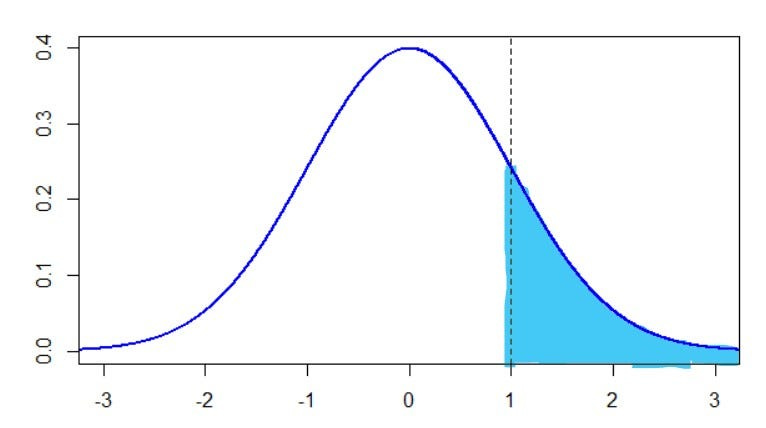AI’s Real Blind Spot: Why Human Intelligence Thrives Where Machines Fail
We're worried about AI and trust. We should be worried about something deeper.
The Noise Behind AI, Already
I’ll be honest: I’m increasingly concerned about where AI-driven automation is heading. Every week, I get bombarded with job offers on LinkedIn, WhatsApp, and email. Some are from big-name companies; others from startups with 'the perfect role' for me. Lately, it’s harder to tell if the offers are genuine. Are real people behind this? Or AI?
Fat Tails and the Problem with AI Optimization
Much of today’s discussion simply assumes that AI is smart and getting smarter in a way that will either replace us or make us superhuman. The problem is, well, that’s not what’s happening. While we worry about (very real) issues with trust and bias, we’re ceding huge philosophical and cognitive space to the systems that we, after all, built. It’s frankly stupid. That’s why I’m writing about it here—to clear it up.
The concept of fat tails—significant, outlier events outside the normal distribution—should be at the center of our conversation about AI. Yes, you’ve likely heard “bell curve” objections to machine learning-based AI before. It’s not enough to get the idea of statistical averages. I have colleagues who, hearing this, immediate start in on discussion about new AI that will capture outliers. Fine, sure, but they’re missing the point about intelligence, so their theories will likewise be somewhat facile (sorry, it’s true). Outliers—the ones in the fat tails—aren’t just occasional serendipity (though they’re that too), they’re precisely where intelligence actually happens. The world isn’t an average, and so those weird distributions actually create the environment for natural intelligence to operate. It’s a bit ironic, and sad, that we’re looking at “bell curve” machines for the future of intelligence, when optimizing on the bell curve is the one sure bet that we’ll fail.
Keep reading with a 7-day free trial
Subscribe to Colligo to keep reading this post and get 7 days of free access to the full post archives.



